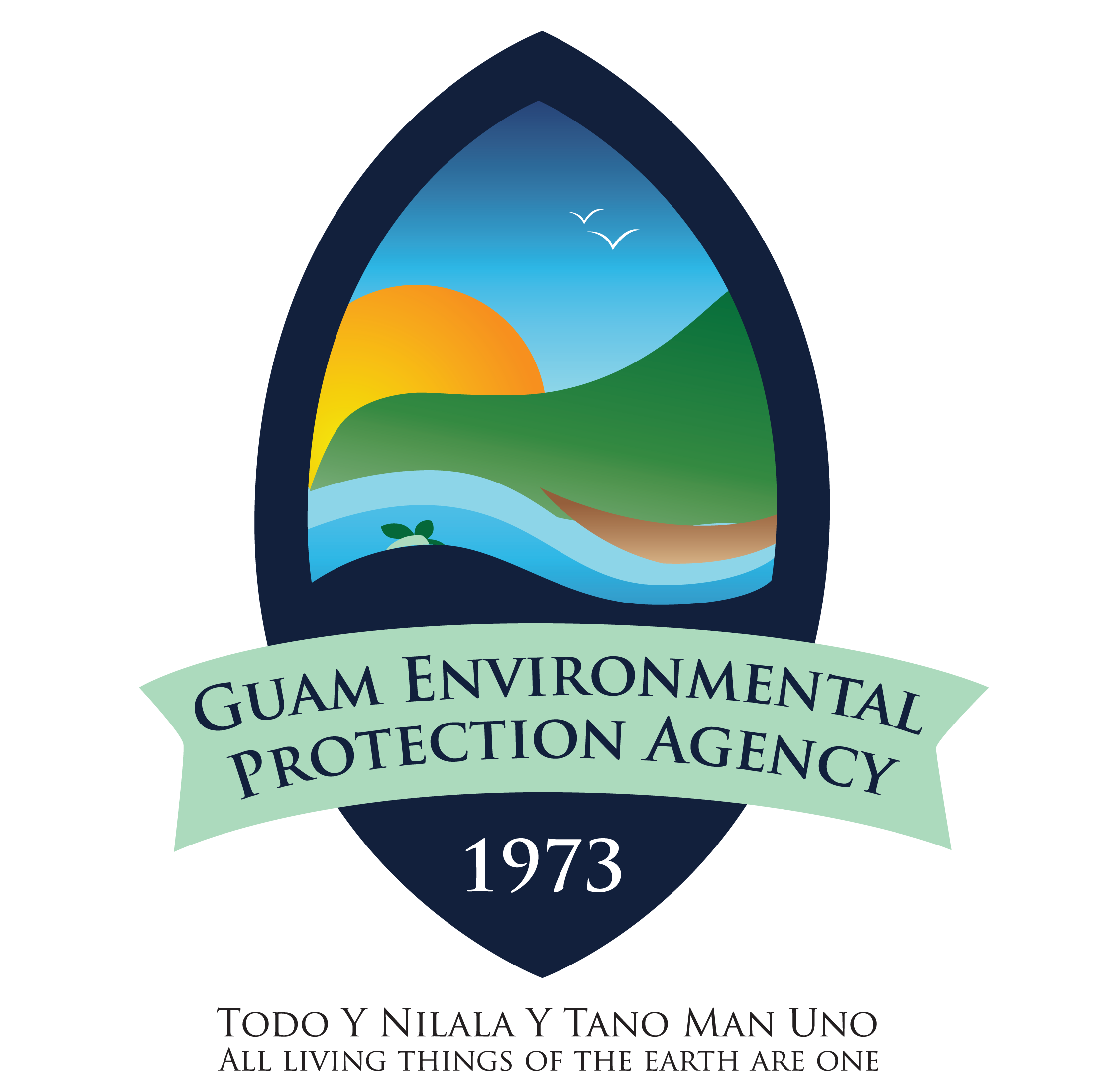Guam EPA asks residents to watch for “fish kill” incidents
The Guam Environmental Protection Agency is asking residents to be on the lookout for fish kill incidents.
This time of year low tides, combined with large rain events and low sea levels due to El Niño mean the likelihood of a fish kill event is higher than during other times of the year.
A fish kill should be reported to the Guam Department of Agriculture by calling 735-3955/56 or Guam EPA at 300-4751. Guam EPA has also posted an easy-to-use form at EPA.Guam.gov for the public to report this type of event.
“Monitoring our near shore areas is an important aspect to our work with natural resources. These coastal zones can be affected by water temperature, freshwater from large rains, erosion, tides, and many other factors. These factors affect fish and other living species that are important to the ecosystem,” said Guam EPA administrator Eric M. Palacios. “The more data we have about any type of fish kill event, the more we can respond to any potentially contributing factors.”
The last major fish kill happened in August 2012. In the past eleven years, eight fish kill incidents have been reported to the Guam Department of Agriculture. These incidents happen almost annually during the late summer. Many of these situations have been reported by members of the general public.
When a fish kill is reported, biologists or technicians are sent to the scene to investigate. Based on their reports, the Guam Department of Agriculture reports that a majority of these incidents have happened in July and August when low tides occur in the middle of the day. Extremely low tides in the afternoon can cause water temperature to increase, which can affect fish. July and August are also during rainy season. Large amounts of freshwater can also affect fish by quickly changing the salinity, turbidity and temperature of water.
For more information about how to get involved with monitoring natural resources, fish kills or to arrange an interview contact Guam EPA’s Public Information Officer Tammy Jo Anderson Taft at 300-4761, 988-7582 or email at TammyJoAnderson.Taft@epa.guam.gov.
